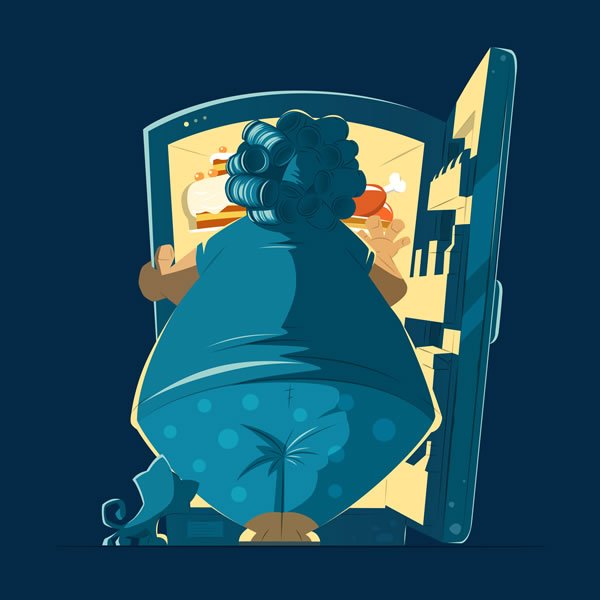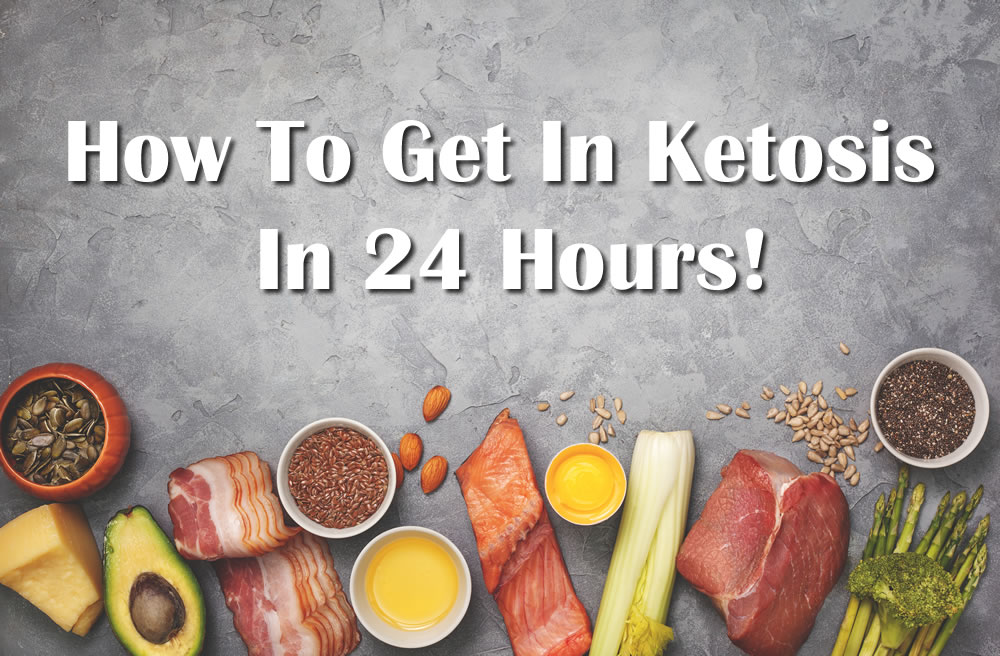
When you want to lose weight, one of the most difficult tasks to conquer is how to avoid emotional eating. It is one of the main reasons people fail their diet because it can be hard to control and overcome.
It is like a feeling of no matter what you do, how much weight you are losing. You still have this fight with your brain, which is trying to trick you into eating, even when you know it is not right for you.
In the following, we will make it easier for you; we are going to give you six tips on how you can avoid emotional eating on your diet.
But before we start, let’s describe exactly what needs to be done with the sentence below.
“Understand Your Feelings and Ward off Emotional Eating When You Are on Diet”
Excessive restrictions on trying to stick to a diet plan and lose weight or the stress and frustrations of everyday life can trigger an emotional and uncontrollable push for food intake – the so-called binge eating. Emotions are often the leading cause of this disorder. Feelings of anguish, sadness, anxiety, or euphoria commonly trigger this process.
If emotional, this compulsion can end the diet plan and still reach more severe levels relating to eating disorders such as anorexia, bulimia, and nocturnal eating syndrome. To get around situations of emotional hunger, check out the advice of experts on the subject.
Identify The Cause, Which May Be the Day-to-Day Pressures
Whether in the professional, family, loving, or financial area, excess demands, expectations, and frustrations can generate emotional hunger. A boss scolding, emotional break-ups, moments of change, or lack of money are situations that commonly cause this compulsion.
Stay alert to situations like these in your routine. It is valid to make a portion of food and sentimental diary. Write down how you felt when you ate too much, so it will be easier to identify where the compulsion comes from.
When you can identify what is causing this need, it becomes aware of the real cause of its necessity and can learn to control that behavior.
Discover other Enjoyable Activities
Is food your most significant source of pleasure? It is time to find activities that also bring happiness and satisfaction. Taking up free time will help keep the distance from the refrigerator. Psychologists recommend the practice of activities that require physical effort and meditation, and interaction with animals.
Take Steps to Change This Custom, Such as Filling the Refrigerator with Healthy Food
Getting accustomed to overeating and forgetting the negative consequences of this habit only makes you grow fatter.
To combat this custom, incorporate healthy and nutritious foods into your meal, which will ensure a greater sense of satiety; that is, do not leave you hungry anytime soon.
It is also worth leaving the refrigerator full of these allied health options. That way, every time you go “assault” it, you will not find unhealthy, greasy foods.
Seek Professional Help if Needed
Many professionals can help with this challenge. One is the psychologist who helps you understand and deal with your emotions and your life moment.
The health coach acts in partnership with the person, looking for tools that help him change his behaviors that lead to compulsion.
The psychiatrist can help in more severe cases, characterized as disorders, which can also be treated with medications prescribed by the doctor. The nutritionist is also essential because they provide the maintenance of a proper and balanced diet.
Check out this link for more professional advice on how to control emotional eating.
Make Smart Substitutions
The use of whole grains gives more satiety than foods made with white flour or a lot of sugar. It is due to the glycemic index. Foods with a high glycemic index (above 70) stimulate a massive release of insulin. Since options with a low glycemic index, up to fifty, prevent the release of insulin. The high insulin release gives temporary satiety, but after a brief time, the hunger returns even more. So, switch high-glycemic food from low-glycemic foods.
Examples: In ice cream, take a fruit popsicle and use tomato sauce instead of white sauce.
Check this article for more tips on how to make smart substitutions 10 Quick Weight Loss Tips for a Faster Weight Loss
Do, Little by Little, an Alimentary Re-education
The brain controls all our impulses and stimuli. It produces substances called neurotransmitters. Some of these neurotransmitters keep us awake and alert. Others help us to sleep, relax and stay calm. When stimulation and inhibition are at the correct levels, the person is not slow or agitated – it is in the right measure.
But if you eat the wrong way, this process becomes unbalanced because the brain needs nutrients to stimulate these neurotransmitters. The more misguided the relationship between stimulation and inhibition of neurotransmitters, the more anxiety is generated, and consequently, the emotional eating appears.
Diets rich in serotonin prevent emotional hunger from appearing. So cut the evil by the roots, change your diet now!
Check out How I Lost 21.48 Lbs in 3 Weeks Using These 10 Weight Loss Diet Tips. It will give you some good tips on how you can lose weight a healthy way without risking your health or be controlled by emotional eating.




